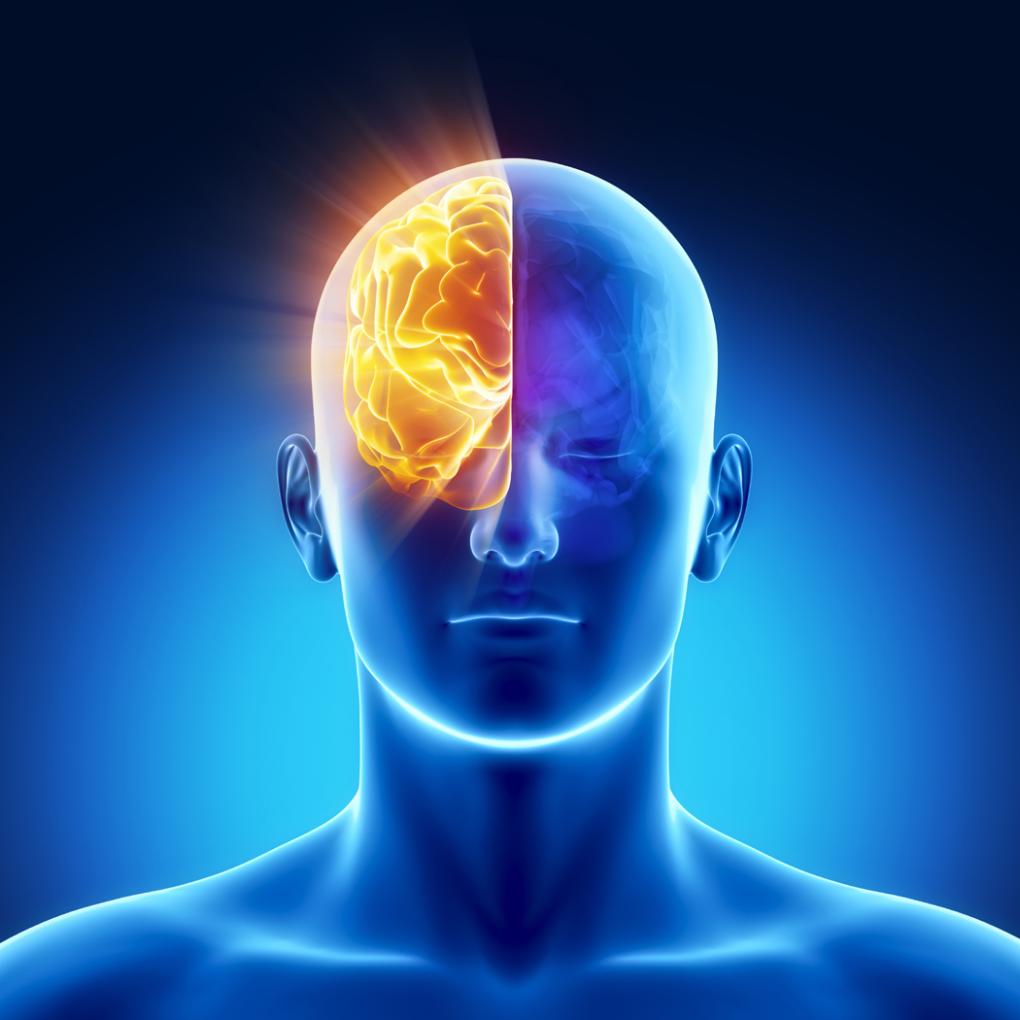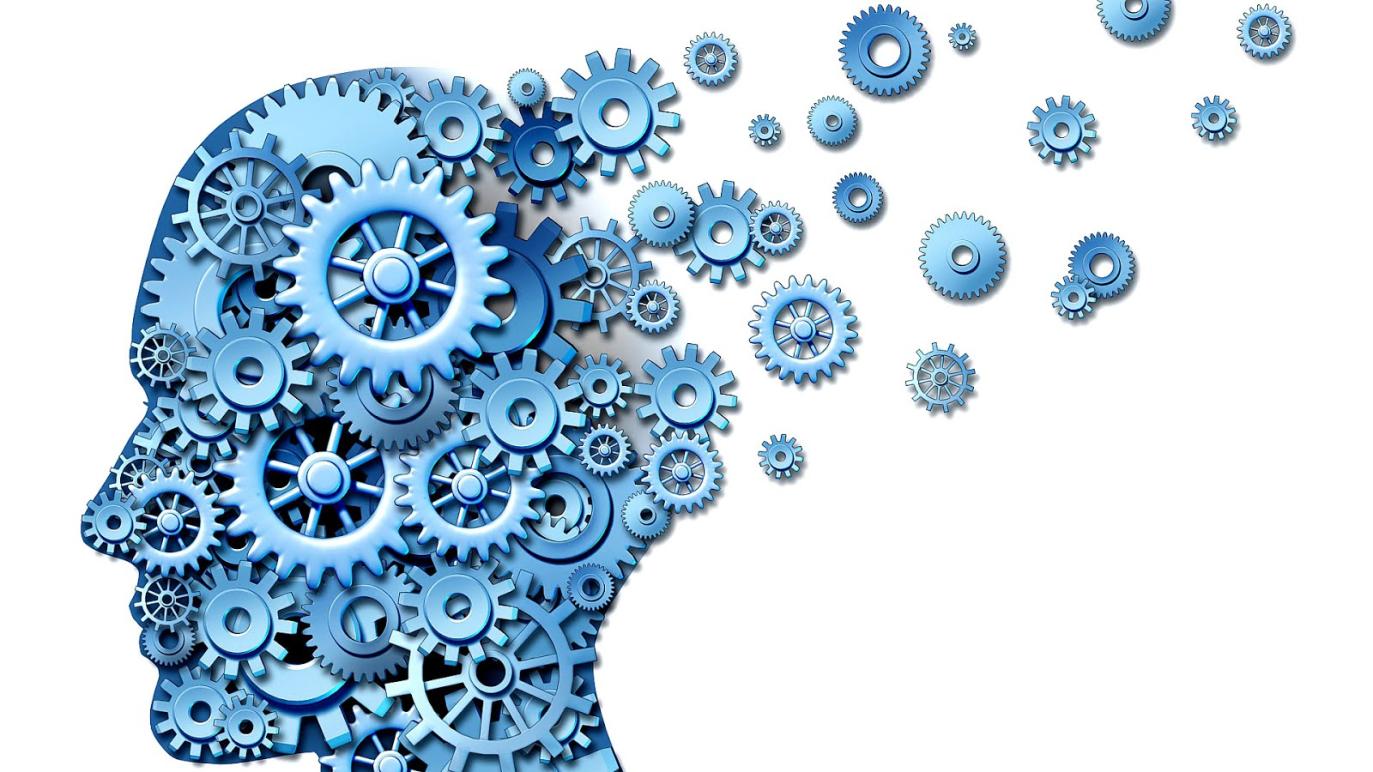What Is the Future of Neuropsychology?
Neuropsychology is a field that studies the relationship between the brain and behavior. It is a relatively young field, but it has already made significant contributions to our understanding of how the brain works and how it is affected by injury or disease.

As technology continues to advance, the field of neuropsychology is also evolving. New imaging techniques are allowing us to see the brain in greater detail, and new research is helping us to understand how the brain changes over time. These advances are leading to new treatments for neurological disorders and new ways to help people recover from brain injuries.
Advances In Neuroimaging Techniques
One of the most significant recent advances in neuropsychology is the development of new neuroimaging techniques. These techniques allow us to see the brain in greater detail and to track brain activity in real time.
Functional Magnetic Resonance Imaging (fMRI)
- fMRI measures brain activity by detecting changes in blood flow.
- fMRI is used to study a wide range of brain functions, including memory, attention, and language.
Magnetoencephalography (MEG)
- MEG measures brain activity by detecting magnetic fields produced by the brain.
- MEG is used to study brain activity with high temporal resolution.
Near-Infrared Spectroscopy (NIRS)
- NIRS measures brain activity by detecting changes in light absorption.
- NIRS is used to study brain activity in infants and young children.
Integration Of Neuroscience And Psychology
Another important trend in neuropsychology is the increasing integration of neuroscience and psychology. This integration is leading to a better understanding of the mind-brain relationship and to new insights into the causes and treatment of neurological disorders.
The Mind-Brain Relationship
- The mind-brain relationship is a complex and controversial topic.
- Some philosophers and scientists believe that the mind is a product of the brain, while others believe that the mind is a separate entity that interacts with the brain.
Neurocognitive Models
- Neurocognitive models are computational models that simulate the brain's cognitive processes.
- Neurocognitive models are used to study a wide range of cognitive functions, including memory, attention, and language.
Translational Research
- Translational research is research that translates basic research findings into clinical practice.
- Translational research is essential for developing new treatments for neurological disorders.
Ethical And Societal Considerations

As the field of neuropsychology continues to advance, it is important to consider the ethical and societal implications of these advances.
Privacy And Confidentiality
- Neuroimaging techniques can reveal a great deal of information about a person's brain and behavior.
- It is important to protect the privacy and confidentiality of this information.
Access To Neuropsychological Services
- Access to neuropsychological services is not always equal.
- People who live in rural areas or who have low incomes may have difficulty accessing these services.
Neurotechnology And Brain-Computer Interfaces
- Neurotechnology is the use of technology to study and manipulate the brain.
- Brain-computer interfaces (BCIs) are devices that allow people to control computers and other devices with their thoughts.
The field of neuropsychology is rapidly evolving. New advances in neuroimaging techniques, the integration of neuroscience and psychology, and the development of new ethical and societal considerations are all shaping the future of this field.

Neuropsychology is a vital field that has the potential to make a significant contribution to our understanding of the brain and behavior. By continuing to advance this field, we can improve the lives of people with neurological disorders and help to create a better future for all.
YesNo

Leave a Reply